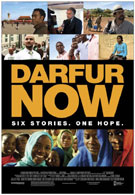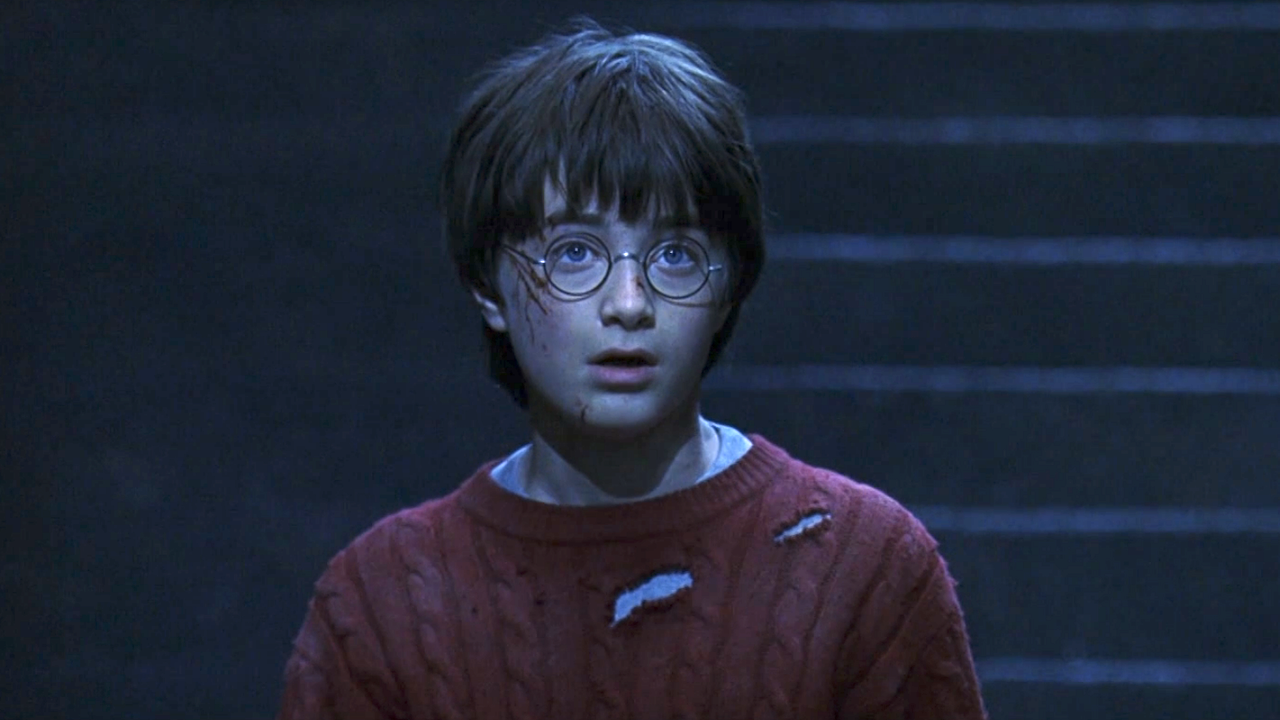Packing movie houses with a documentary about the human rights atrocities in Sudan isn’t exactly an easy sell. The genocide that has occurred in the Darfur region there since 2003 is poorly understood here in the U.S., even as celebrities like Mia Farrow and Don Cheadle decry the situation.
Ted Braun’s Darfur Now won’t help untangle the complicated political and ethnic disputes that led to the current genocide, but it sharply clarifies the need for action and aid so dramatically that the audience can’t help but be moved. It cuts through the helpless “They’re a world away, what can I do?” rhetoric to point a direct finger at the audience: “We’re speaking in a loud voice now, so people cannot say ‘I was not aware. I acted, or I stood by,” Cheadle says midway through the film. You can’t get much clearer than that.
The film also avoids sinking into depression by following six people working to end the crisis: Cheadle, who uses his celebrity influence to meet with Washington senators and travel to Darfur, along with George Clooney; Adam Silverman, a California college student petitioning the state government to divest their funds from Sudan; Luis Moreno-Ocampo, a lawyer with the International Criminal Court working to bring Sudanese government officicals; Pablo Recalde, an Ecuadorian father who has uprooted his life to lead the World Food Program in Darfur; Ahmed Mohamed Abakar, a leader in a displacement camp of over 47,000 refugees; and finally, most poignantly, Hejewa Adam, a mother who has joined the rebel militia to strike back at the Janjaweed who killed her son when they raided her village.
The wide scope of the subjects gives the film a dramatic sweep, immediately demonstrating the difference Ocampo makes to the refugees (“Ocampo will bring the evildoers to justice,” a group of women remind each other) and the galvanizing impact of visiting the camps on Cheadle and Clooney. It’s also inspiring to see Darfurnians as more than just victims—you know, the usual images of children with distended bellies and the hardscrabble mothers of ten. The militia—including several women!—take up arms, the displacement camps hold virulent debates, and Sudanese men join Recalde in his relief efforts. Though the female militia members remind each other “The white people will help us,” the film demonstrates that, until the great force of the First World swoops in, the Sudanese will not stand idly by and beg for our help.
Braun relies on a few over-dramatizing editing effects—letting figures fade out of a scene to indicate “disappearing” villages, for example—but largely lets the story tell itself with a straightforward style. As Silverman gets closer to his goal of getting the California congress and governor to sign his bill—yes, the Governator makes a cameo—and Ocampo succeeds in subpoenaing two Sudanese officials, the film builds to a genuinely triumphant climax. It’s bittersweet, of course, since we all know the conflict is far from over, but seeing success on both smaller and larger scales is proof positive that something can be done.
In a way that news reports so often fail to do, Darfur Now puts a deeply human face on a global crisis, not just by showing us the people involved but examining their flaws, their hopes and their achievements. Abakar and Adam could so easily become generic “triumph of the human spirit” stories, but by spending time with them Braun gets to their hearts, their desire for revenge and goodwill coupled with overwhelming grief and anger. Cheadle and Clooney also benefit from this close attention, believe it or not, becoming more than the self-congratulating celebrity activists so easily vilified by the public. There are all kinds of heroes in Darfur Now, and it reminds us that everyone, using their own individual strengths, can be one too.
Your Daily Blend of Entertainment News
Staff Writer at CinemaBlend


